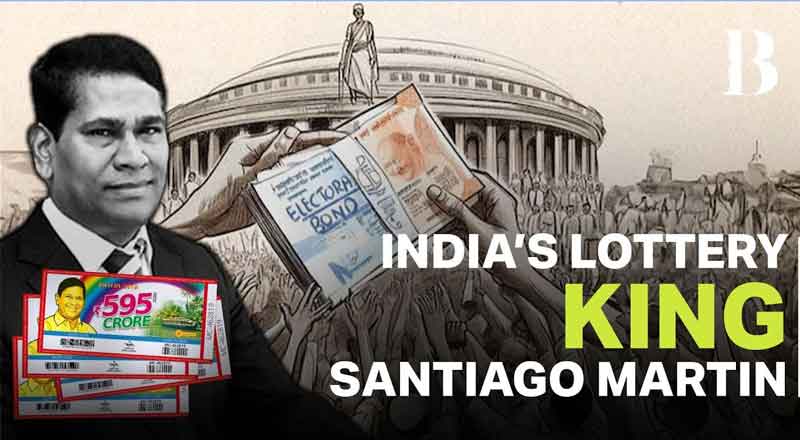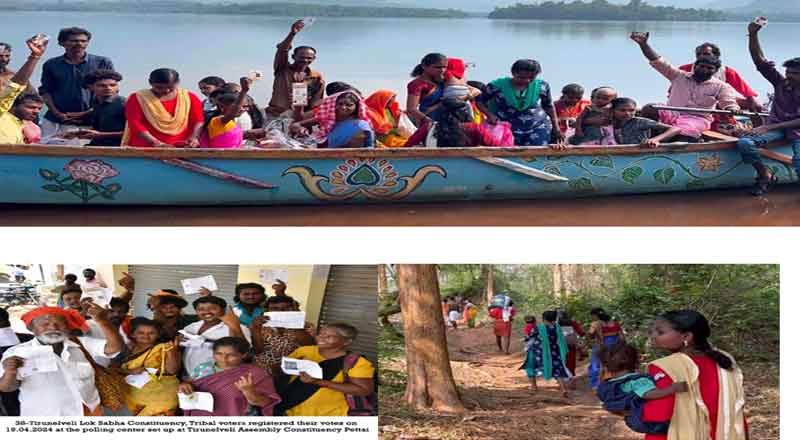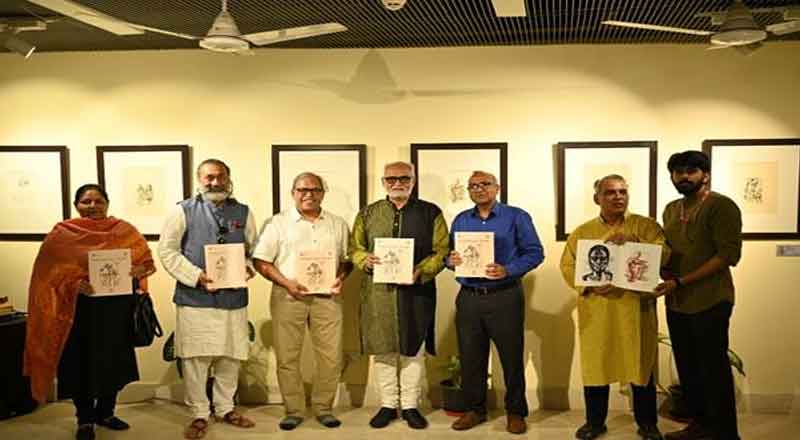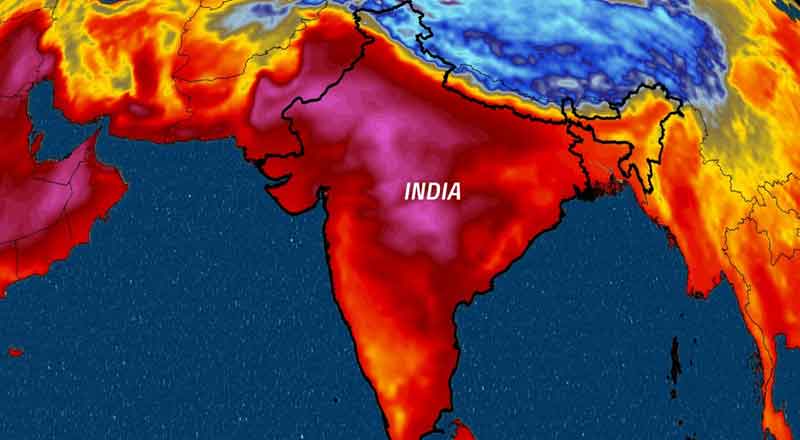- Santiago Martin, dubbed India’s “lottery king,” has ascended as the nation’s most significant political donor, through his company, Future Gaming and Hotel Services.
- According to EC’s data Martin’s Future Gaming allocated a staggering 13.68 billion Indian rupees ($165 million) between 2019 and 2024, surpassing contributions from other entities by a significant margin.
- Hailing from humble beginnings, Martin ascended from selling lottery tickets as a teenager to building a sprawling empire spanning lottery and real estate ventures.
- In September, ED filed a prosecution complaint against Future Gaming and 15 other Martin-affiliated companies under money-laundering statutes.
- From sponsoring a multi-million-rupee film to enduring legal battles and political affiliations, Martin’s journey epitomizes the complex interplay between wealth, power, and legal scrutiny in India’s political ecosystem.
Santiago Martin, dubbed India’s “lottery king,” has ascended as the nation’s most significant political donor, funnelling substantial funds through his company, Future Gaming and Hotel Services. Despite facing accusations of fraud and money laundering, Martin’s firm emerged as a top contributor within India’s previously opaque political funding framework, recently subjected to partial transparency measures.
According to data released by the election commission, Martin’s Future Gaming allocated a staggering 13.68 billion Indian rupees ($165 million) between 2019 and 2024, surpassing contributions from other entities by a significant margin. This funding was facilitated through the erstwhile funding system, which permitted anonymous and unrestricted donations to political parties, now deemed unconstitutional by the Supreme Court of India.
While Prime Minister Narendra Modi’s Bharatiya Janata Party emerged as the primary beneficiary of these donations, the specifics of recipients for each donor remain undisclosed. Despite repeated attempts by Reuters to solicit comments from Future Gaming regarding its donations, no response was forthcoming. However, the absence of impropriety in the donations was emphasized, notwithstanding the system’s legal scrutiny.
The revelation of Martin’s substantial contributions sheds light on his controversial past. Hailing from humble beginnings, Martin ascended from selling lottery tickets as a teenager to building a sprawling empire spanning lottery and real estate ventures. Known for his flamboyant persona and political connections across the spectrum, Martin has faced numerous legal challenges, including raids by tax authorities and investigative agencies.
In September, India’s financial crime agency, the Enforcement Directorate, filed a prosecution complaint against Future Gaming and 15 other Martin-affiliated companies under money-laundering statutes. Allegations against the conglomerate include cheating state governments by withholding lottery proceeds and manipulating data, charges vehemently denied by Martin and his associates.
Despite his legal entanglements, Martin’s influence remains palpable. His charitable endeavors, as well as familial ties to prominent political figures, underscore his enduring significance in India’s socio-political landscape. From sponsoring a multi-million-rupee film to enduring legal battles and political affiliations, Martin’s journey epitomizes the complex interplay between wealth, power, and legal scrutiny in India’s political ecosystem.
As investigations into Martin’s affairs continue, questions persist regarding the ethical implications of his political contributions and the broader ramifications for India’s electoral transparency. Amidst evolving legal frameworks and heightened scrutiny, Martin’s story serves as a poignant reminder of the intricate dynamics shaping India’s electoral landscape.
(With inputs from agencies)





